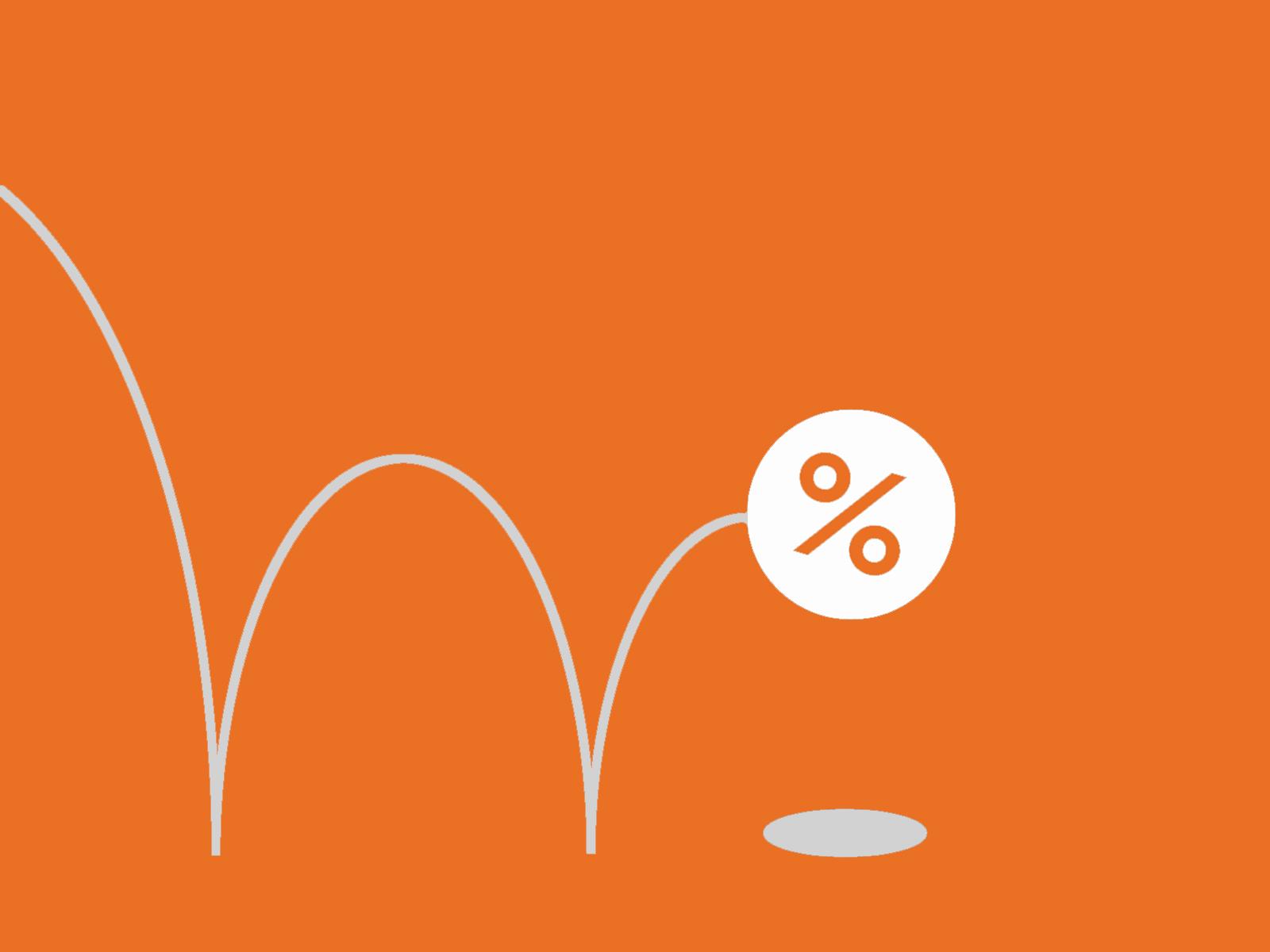5 important factors to consider when buying a condo
You've decided to buy a condo. Congratulations! For many, the decision to purchase a condo boils down to a lifestyle choice. It tends to come with fewer responsibilities versus a house. You don't have to worry about shovelling snow or mowing the lawn. Condos are typically more affordable than houses and are often available in urban locations.
Once you've decided you're suited for the condo lifestyle, there are several things to consider. Here are five factors to consider when buying a condo.
Location, location, location
They say the three most important rules in real estate are: "location, location, location." You likely won't live in your condo forever, so you'll want to think about long-term resale value. Is the neighbourhood on the upswing? Are there developments planned that could help increase the property's value?
The view matters, too. If you have a spectacular view, will it stay that way or could there be another development going in that blocks your pristine view?
Amenities
Amenities are those extras that people love so much. Examples of amenities include a gym, party room, swimming pool, concierge, guest suites and visitor parking. Consider the building's amenities and whether you'll make good use of them. Generally speaking, the more amenities, the higher the condo fees, so take that into consideration, too.
Condo rules
Condo living doesn't generally come with the same freedom as house ownership does. Condos tend to have restrictions on residents. Pet restrictions are common. For instance, you may only be allowed a smaller dog, or dogs could be banned altogether. You might also not be permitted to renovate without permission. Make sure you find out about these rules ahead of time, so you're not caught off guard.
Reserve funds
To avoid the risk of your condo fees skyrocketing, it's important to make sure there's sufficient money in the reserve fund. The reserve fund is used to pay for capital expenses, such as repairs to amenities, repaving the parking lot and repairing the roof. Your real estate lawyer should review the status certificate to make sure the reserve fund is well managed.
Size
As a final pointer, remember that size matters when you're buying a condo. Find out the square footage and make sure the furniture at your existing place will fit in your new condo. This is especially important if you're buying pre-construction, when you can't actually step inside the unit. My mother recently purchased a condo, only to find out none of her furniture would fit. Luckily she was able to upgrade to a larger unit. Don't let the same thing happen to you.

